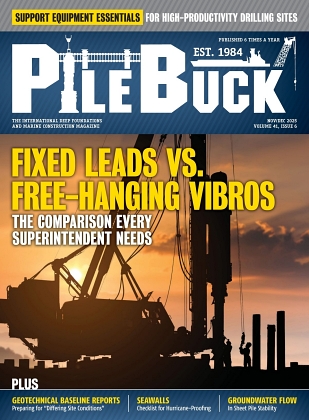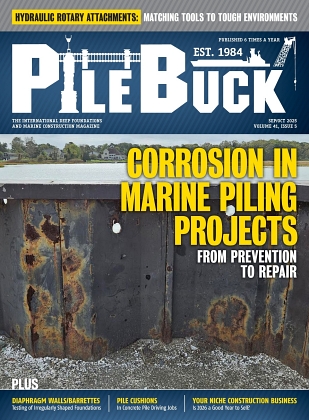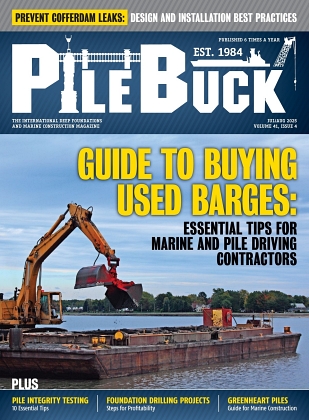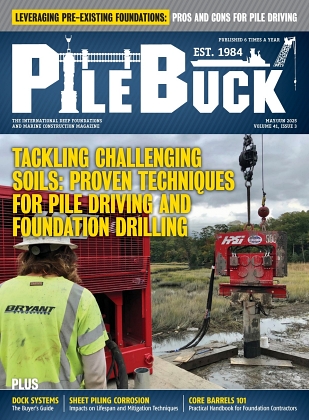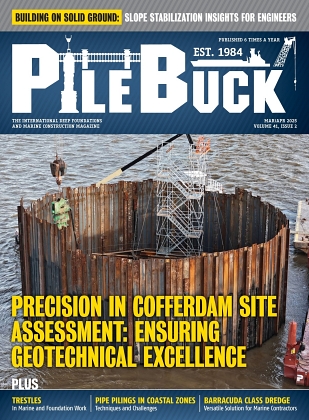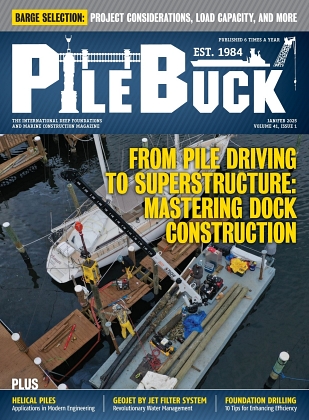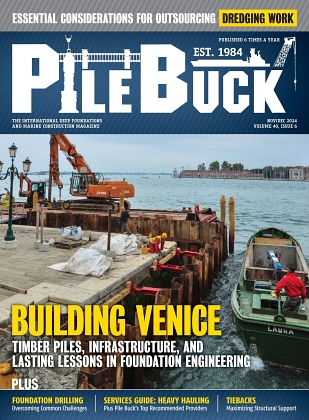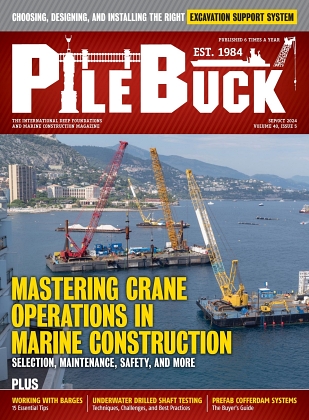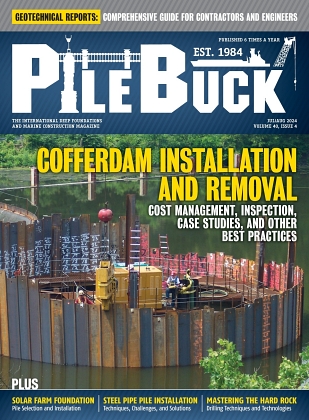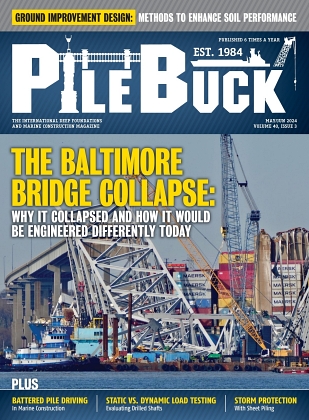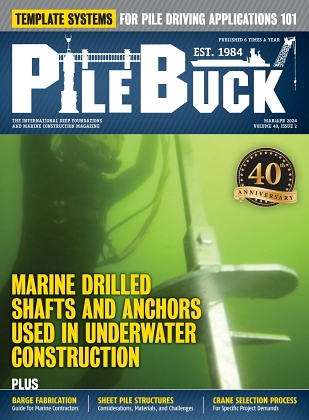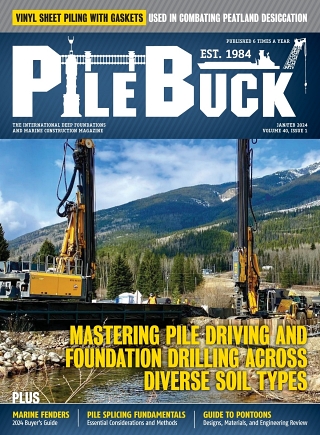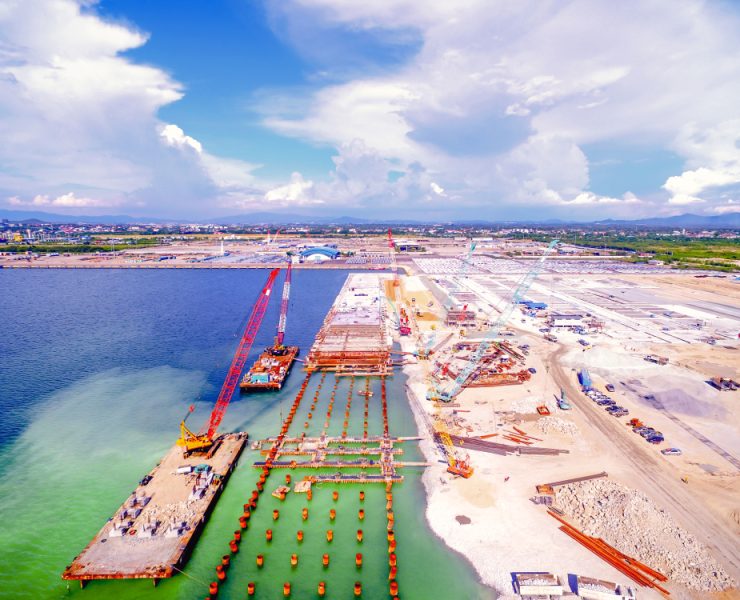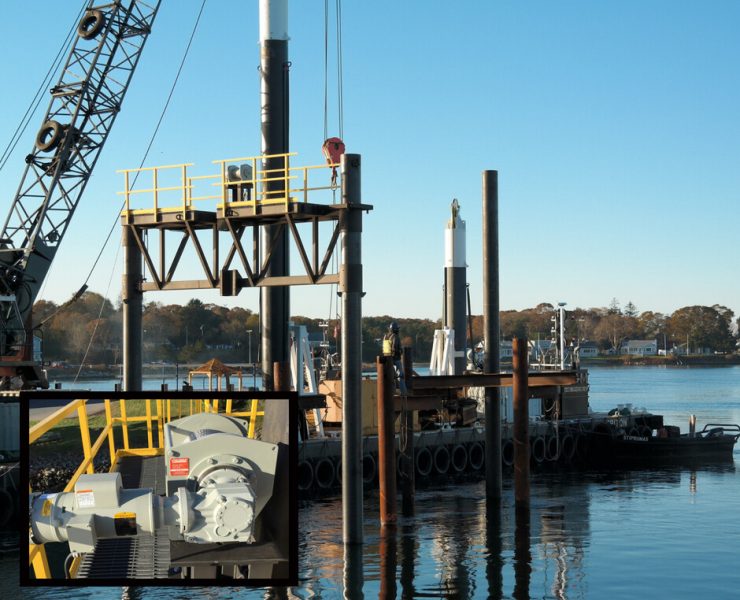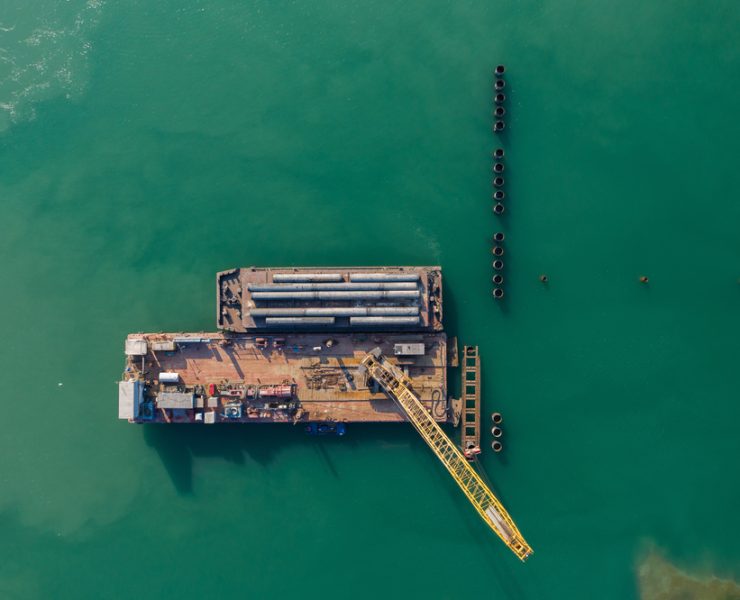Why You Should Use Tropical Hardwoods in Marine Construction Projects
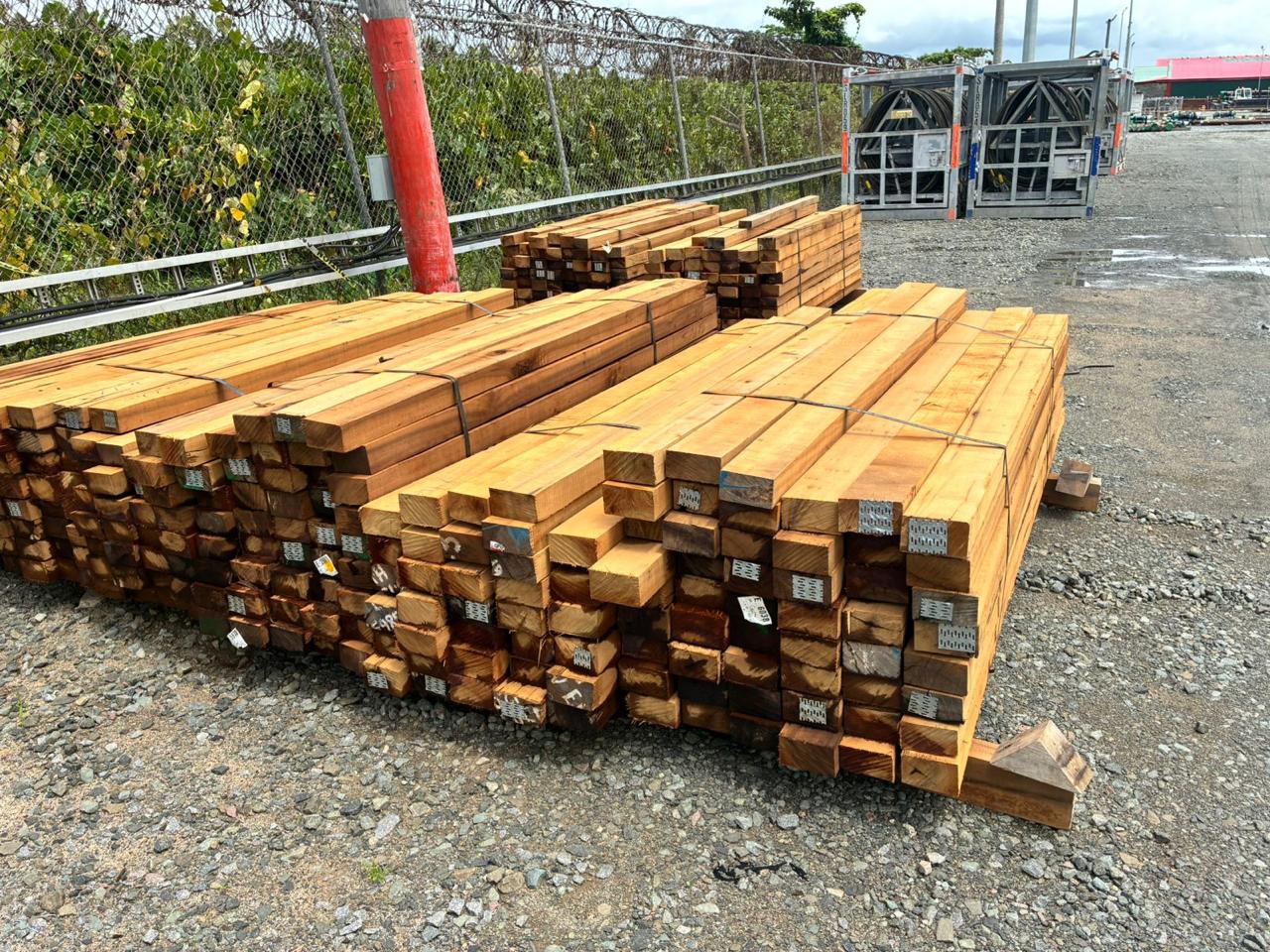
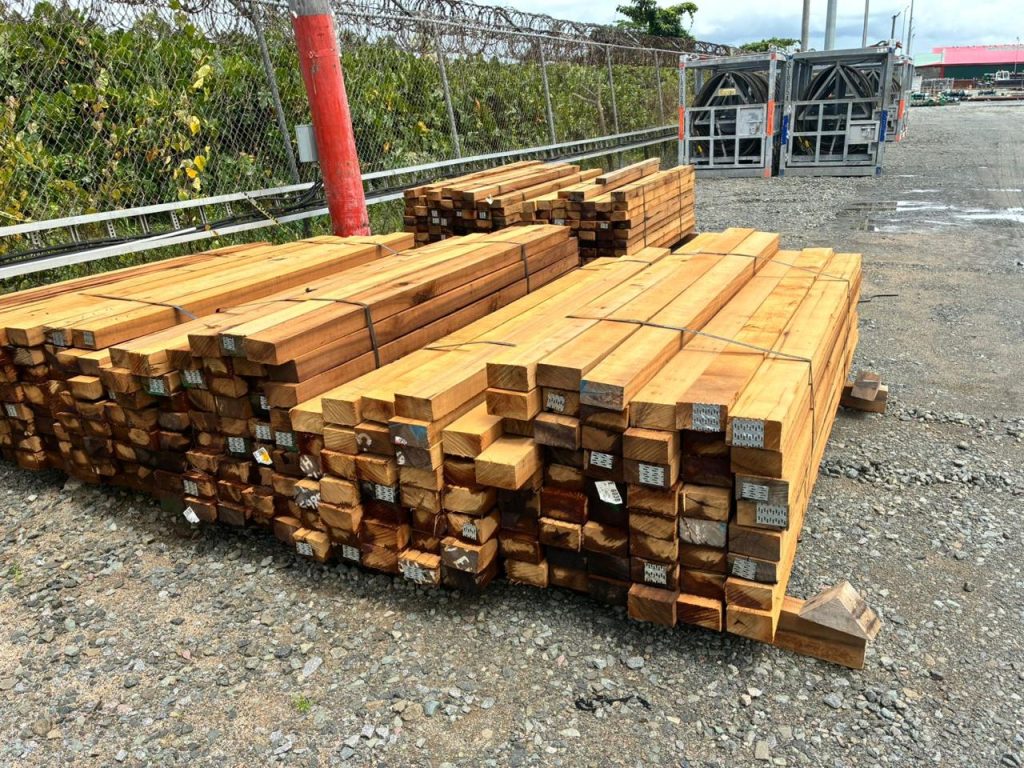
Marine, coastal and heavy outdoor structures require materials that maintain performance despite moisture, biological attack and constant environmental stress. Tropical hardwoods have long been chosen for these applications because of their density, natural durability and resistance to decay. In countries such as Guyana and Suriname, species like Greenheart, Ipe, Purpleheart and Mora have served in seawalls, bridge systems, fender structures and port infrastructure for decades.
Why Tropical Hardwoods Perform Well
Density and Natural Resistance
One of the strongest advantages of tropical hardwoods is density. Greenheart, scientifically known as Chlorocardium rodiei, is documented as being so dense that it sinks in water. It is recognized in multiple technical sources for its high resistance to decay fungi and marine borers, which is why it is often selected for components that remain submerged or exposed to tidal movement. Ipe also carries well established durability data. The Wood Database lists its Janka hardness at roughly 3,510 lbf, which explains its long life in outdoor structures and heavy traffic zones.
Long Service Life in Harsh Environments
Structures located near water experience swelling, shrinking, salt exposure and aggressive organisms. Tropical hardwoods tolerate these conditions without chemical treatment. Their natural oils and grain density allow them to maintain structural integrity for decades. Compared to softer or treated wood, the long replacement cycle often reduces total project cost over time.
Understanding Greenheart for Structural Work
A Proven Marine Timber
Greenheart has been exported from Guyana for generations and is used in piles, lock gates, harbors and bridge supports. Documentation from historic marine projects in the Caribbean and Europe shows consistent performance in submerged or splash zone environments. Its combination of crushing strength, abrasion resistance and durability makes it a preferred choice for large structural components that cannot fail under pressure.
Typical Applications
Greenheart is common in fender systems, groynes, wharf structures and bridge beams. Contractors often choose it when the structure must remain stable under repetitive impact, wave action or heavy loads. Large projects benefit from the availability of long lengths, which simplifies design and reduces the number of joints.
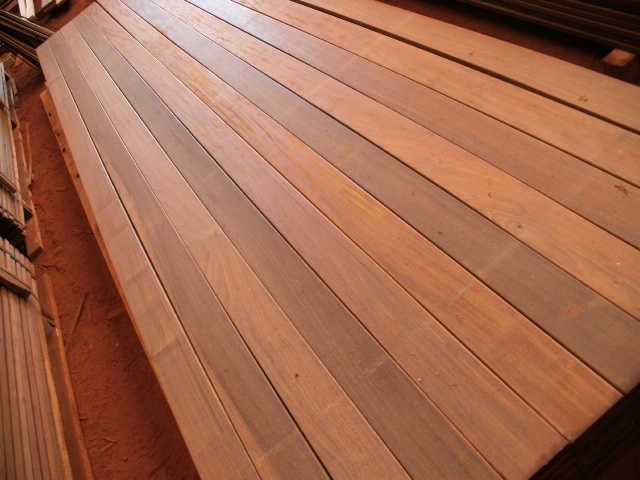
Ipe as a High Performance Decking and Cladding Material
Recognized Strength and Stability
Ipe is widely specified for marina walkways, waterfront decks and outdoor architectural spaces where high performance is required. Verified material data confirms that Ipe offers strong bending strength, high density and natural resistance to rot. This makes it ideal for structures that experience consistent foot traffic or exposure to moisture.
Aesthetic and Functional Benefits
Ipe also provides a refined visual appearance. Its tight grain and deep color are valued in public boardwalks and luxury decks. While ultraviolet exposure can cause the timber to silver over time, this natural weathering does not reduce structural value. Many architects maintain the natural tone with oils, while others let it weather for a uniform patina.
Sourcing Tropical Hardwoods from Guyana
Established Export Capabilities
Guyana is a major source of Greenheart, Purpleheart, Mora and Kabukalli. Exporters with long operational histories enable consistent supply to marine and heavy construction markets. One such supplier is South America Lumber, established in 1989 and active in exporting hardwoods across the Caribbean and international markets. Their catalog includes Greenheart, Ipe, Purpleheart and additional species suitable for structural and architectural work.
Verified Product Information
South America Lumber also provides species specific information to help contractors and designers confirm performance requirements such as decay resistance, strength and suitability for marine environments. Their Greenheart page lists the characteristics that support its use in pilings, beams and heavy duty outdoor applications.
Important Considerations for Design and Installation
Planning for Density and Handling
Because tropical hardwoods are extremely dense, contractors must follow installation practices that match the material. Pre drilling is typically required for fasteners, and carbide tipped tools are standard for machining. Stainless hardware is commonly used in marine environments to avoid corrosion. These are well established construction practices for hardwood installations worldwide.
Maintenance Expectations
Once installed, tropical hardwoods demand minimal maintenance. They do not rely on preservatives for protection. Cleaning, washing and periodic hardware inspection are usually enough. Owners who want to maintain the original color can apply oil, although natural weathering does not reduce performance.
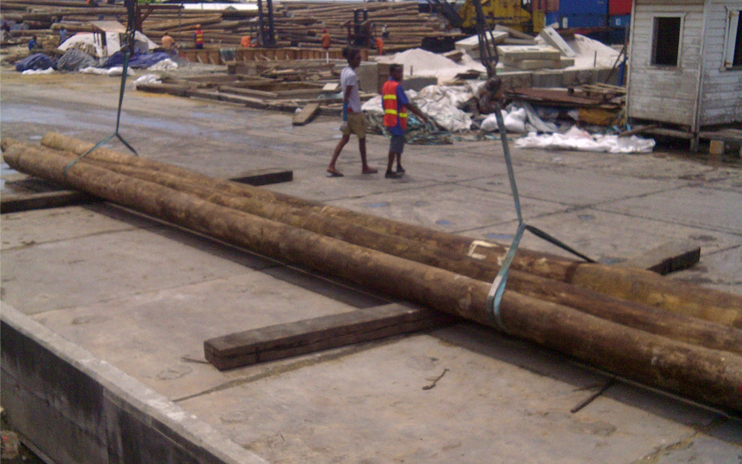
Environmental and Regulatory Awareness
Responsible Harvesting and Documentation
Tropical hardwood sourcing is subject to global scrutiny, which makes verification important. Buyers should request documentation that confirms species, legality and export approval. These steps help ensure compliance with project requirements and maintain integrity in the supply chain.
Certification and Traceability
Traceability is increasingly expected in marine and infrastructure procurement. Even when formal certification is not available, project managers and engineers benefit from documented origin, shipping records and species confirmation. This safeguards both sustainability and long term access to quality hardwood resources.
Tropical hardwoods remain essential in marine, coastal and heavy construction because of their high density, durability and resilience in water exposed environments. Species such as Greenheart and Ipe offer verifiable performance that reduces long term maintenance and increases structural reliability.
For contractors seeking documented tropical species with a long export history, South America Lumber provides access to Greenheart, Ipe and other premium hardwoods suitable for demanding projects. With careful design, installation and responsible sourcing, these materials deliver decades of dependable service in some of the most challenging construction conditions.
Their high density and natural resistance to decay, insects, and moisture allow them to perform reliably in submerged and coastal environments for decades.
Both species offer exceptional strength, durability, and resistance to marine borers, making them ideal for pilings, decks, and heavy load bearing applications. Why are tropical hardwoods commonly used in marine construction projects?
What makes Greenheart and Ipe suitable for marine and coastal structures?

